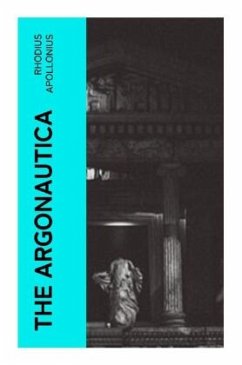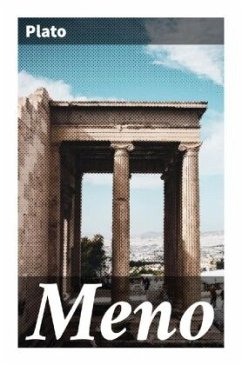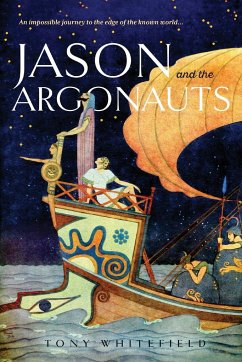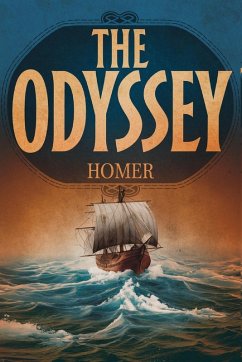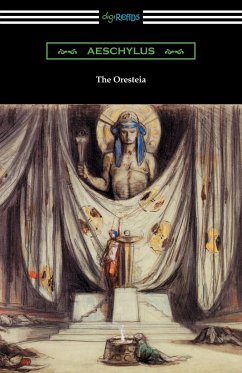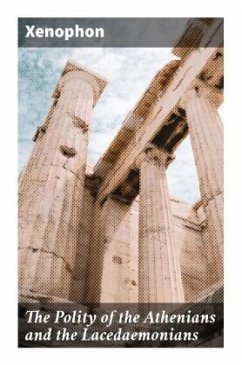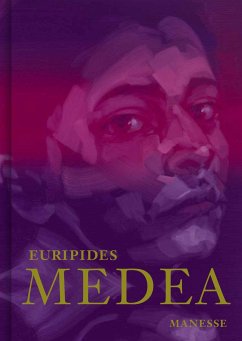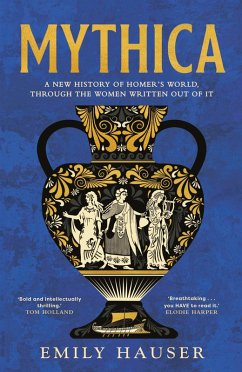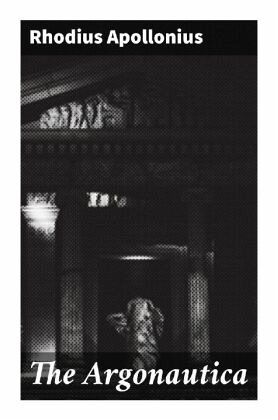
The Argonautica
Versandkostenfrei!
Versandfertig in 6-10 Tagen
7,99 €
inkl. MwSt.

PAYBACK Punkte
4 °P sammeln!
In "The Argonautica," Rhodius Apollonius masterfully retells the legendary myth of Jason and the Argonauts, highlighting their quest for the Golden Fleece. The poem, structured in an elegiac couplet, is not only a narrative of adventure but also an exploration of the themes of heroism, love, and betrayal. Set against the backdrop of ancient Greek mythology, the work exemplifies the shift from the epic tradition of Homer to a more nuanced approach, blending character-driven storytelling with intricate poetic devices. Apollonius adds depth to well-known figures, particularly through his portraya...
In "The Argonautica," Rhodius Apollonius masterfully retells the legendary myth of Jason and the Argonauts, highlighting their quest for the Golden Fleece. The poem, structured in an elegiac couplet, is not only a narrative of adventure but also an exploration of the themes of heroism, love, and betrayal. Set against the backdrop of ancient Greek mythology, the work exemplifies the shift from the epic tradition of Homer to a more nuanced approach, blending character-driven storytelling with intricate poetic devices. Apollonius adds depth to well-known figures, particularly through his portrayal of Medea, elevating her role in the narrative and presenting a complex heroine amidst the action and divine interventions that characterize the mythic world. Apollonius, a scholar of the Hellenistic period, was deeply influenced by the literary traditions of his time, as well as by the political and cultural developments of the Mediterranean. Living during an era marked by the blending of cultures under the influence of the Ptolemies, his background allowed for a unique perspective on myth. His scholarly endeavors, reflective of both allegorical and philosophical currents, illuminate his intention to reinterpret these myths, inviting readers to consider their relevance in both personal and societal contexts. Readers seeking an engaging blend of classical adventure and psychological complexity will find "The Argonautica" an invaluable addition to their literary repertoire. This work invites both newcomers and seasoned scholars of Greek mythology to appreciate the rich interplay of themes and character development, making it essential for a deeper understanding of ancient literature's function in reflecting human experiences.



